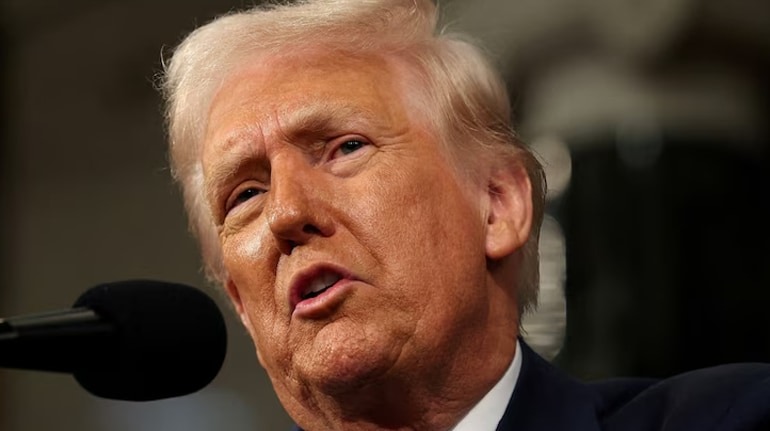
US President Donald Trump has left smartphones, laptops, and select consumer electronics out of his latest round of “reciprocal” tariffs on Chinese imports. This move offers relief to US tech companies and consumers, especially after recent volatility in financial markets. The exemption applies to the two most valuable Chinese imports—smartphones and laptops—which together accounted for $74 billion in US imports last year, according to The Financial Times.
Major tech firms such as Apple, Microsoft, and Nvidia are expected to benefit significantly. Apple, which relies heavily on Chinese manufacturing, would only be able to meet about half of its US iPhone demand even if all Indian production were redirected domestically, analysts say.
Many Everyday Items Still Face High Tariffs
Although high-value electronics were spared, 46 of the 50 top Chinese imports to the US—each worth over $1 billion annually—remain affected. These include essential household products such as microwaves, air conditioners, food processors, toys, and electric fans.
China remains the primary supplier for these goods, providing 90% of US microwaves, 75% of toys, and nearly all imported electric fans. Toymaker Mattel, which manufactures 40% of its inventory in China, had already signaled possible price increases prior to the latest tariff update.
The new levies, some reaching up to 125%, are expected to significantly raise consumer prices. Chad Bown, senior fellow at the Peterson Institute for International Economics, warned that shoppers may face steep cost hikes on many everyday items.
Relocating Supply Chains Presents Major Challenges
Shifting production away from China is complex, particularly for items like smartphones or gaming consoles, which depend on advanced manufacturing capabilities and skilled labor.
Jason Miller of Michigan State University noted that fast-paced supply chain separation from China would be difficult to implement. While Southeast Asian nations are being considered as alternatives, many products still rely on Chinese parts and raw materials.
Allie Renison from SEC Newgate highlighted that, even as companies look elsewhere, it is uncertain whether new manufacturing locations can meet US standards and political requirements.
Concerns Over Supply Shortages and Price Surges
As more consumer goods fall under tariff regulations, US importers face pressure to abandon Chinese suppliers altogether. This could result in supply shortages and higher prices across several product categories, impacting both retailers and consumers.
Read More: The Day the Oil Stood Still How a Single Drone Strike Just Rocked Global Markets

 Share
Share



